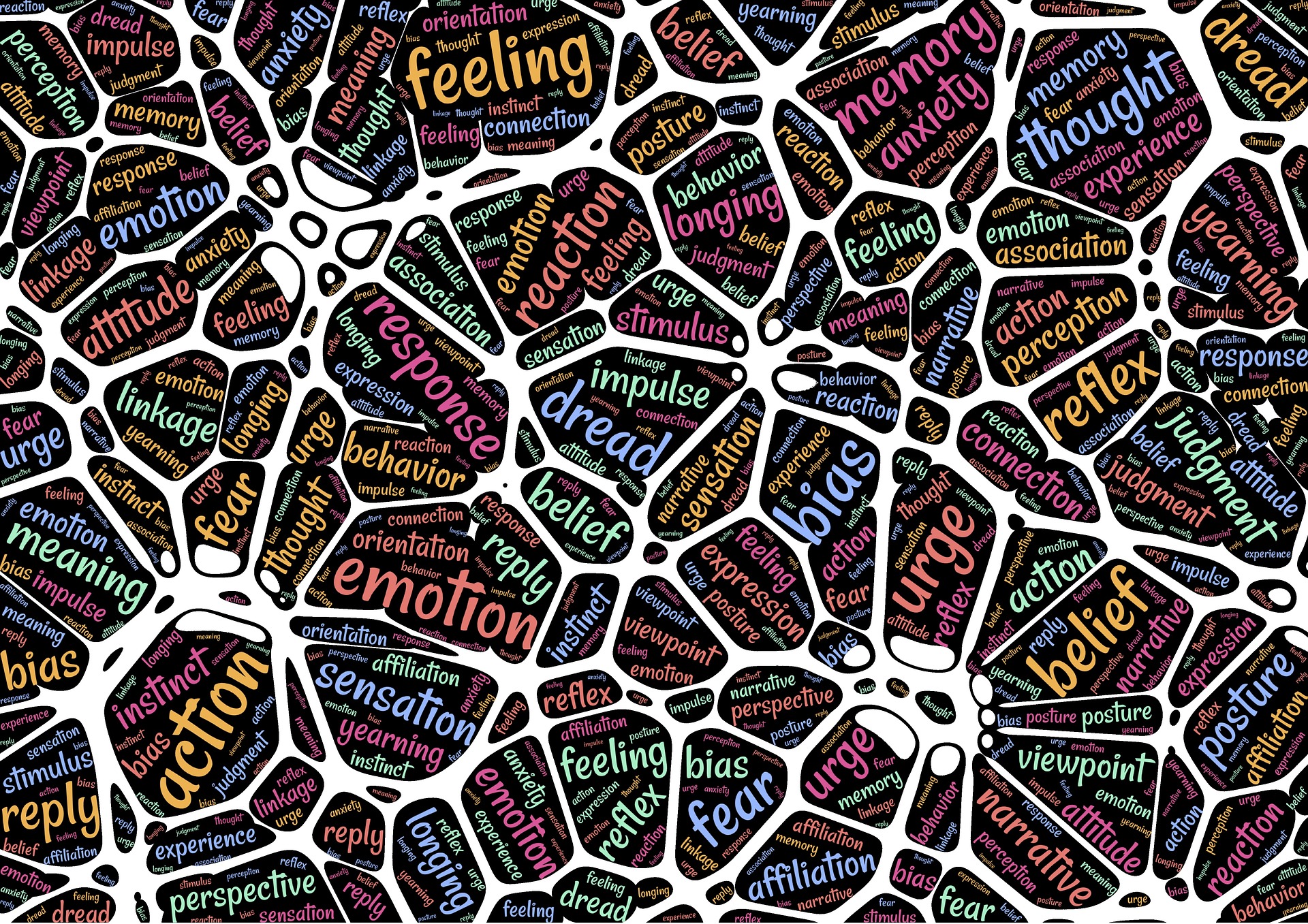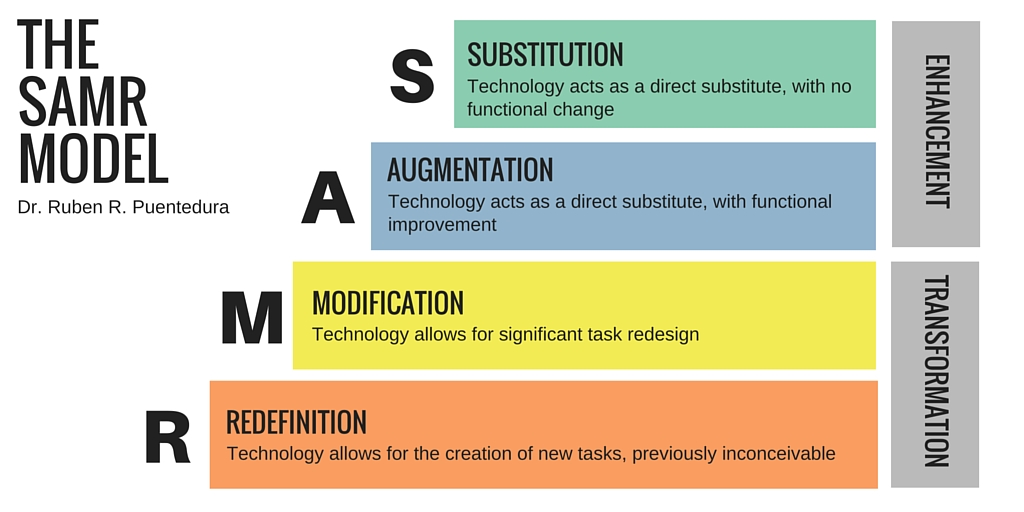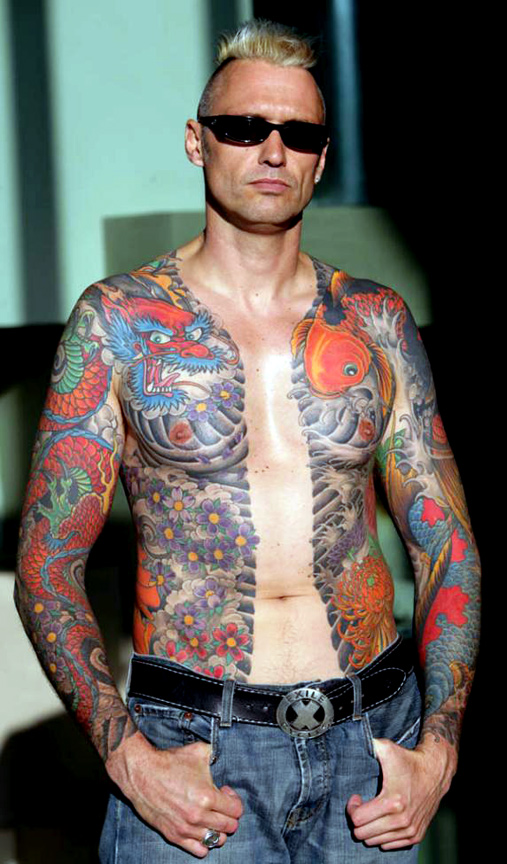Category: Learning
-

Changing mindsets
The Prof E Sus project’s main aim is to promote a sustainable mindset in vocational students. What does that involve? And doesn’t that sound a little sinister? Brainwashing perhaps? Or is it what education (literally to bring out) should have been about all the time? Promoting mindsets is popular in education. At the moment we…
-

Visioning exercise
Below is a sample exercise for the ProfESus course “Be my Sustainable Guest” which would be part of an online unit exploring the potential for Futures Thinking.
-

SAMR online
It may seem odd but it looks as though there is a shortage of examples of how to apply the SAMR model to a course that is already fully online. Perhaps people think that because the course is 100% online then it must be reaching the full potential of what is possible online but I…
-

Modelling sustainability
Modelling sustainable behaviour is a powerful strategy for affecting those around you. Listen to Diana Solovyova from eastern Russia as she talks about three different aspects of being sustainable. As a professional ornithologist who does extensive fieldwork in the tundra and elsewhere, she is only too aware of the effects of waste packaging in the…
-

The goal of EfS in vocational skill training
In my last post I painted a rather bleak picture of where we are now in terms of sustainability (two and a half minutes away from the midnight of catastrophe to be exact). So what is to be done? Can anything be done? What can one individual or organisation do that is worthwhile?
-
Why sustainable vocational education?
Why has the EU co-financed a project to develop a blended training course for teachers in vocational skills? There are two parts to this question. Why education for sustainability? Why education for sustainability in vocational skills?
-

Reducing ambiguity
In the last post I made a case for not only the teacher but also the students to increase their tolerance for ambiguity. I suggested the following approach: ask about and clarify when behaviours are unexpected. even better is to anticipate misunderstandings and to make as much clear from the beginning as possible. there is…
-
The agony of ambiguity
One of the major intercultural competences is a tolerance for ambiguity. This means being open to different interpretations of what you observe and experience. Without awareness, we are likely to feel embarrassed or uncomfortable when people behave in unexpected ways. We are also more likely to attribute negative motivations such as They are doing this…
-

Is language enough for inclusion?
Before they were migrants, they were people. At the conference (link in Danish) in Odense on May 12th, Global conflicts – local challenges, New citizens, training and workplace integration, there was an economic overview. You would expect the children of migrants to do better than their parents. They should learn Danish as their first language and therefore be…
-

Diversity as an asset
Global conflicts – local challenges New citizens, training and workplace integration Although Denmark has not received as many asylum seekers as Germany and Sweden, it still has a sizeable number who go on to become recognised refugees and who must then be helped to make a life for themselves in their new country. The conference…